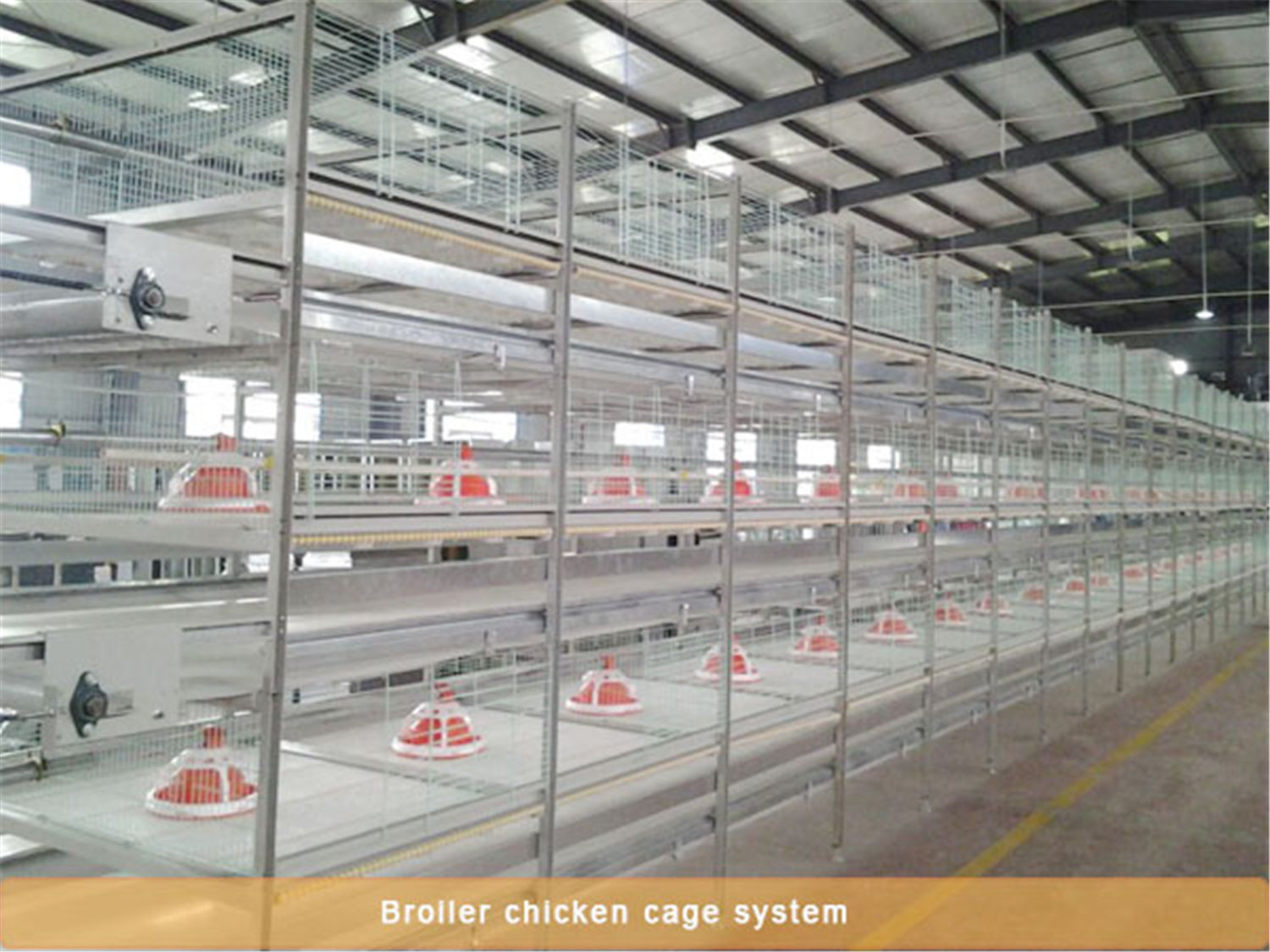Chicken heat stress prevention and control measures
- font size decrease font size increase font size
About heat stress refers to a series of abnormal reactions caused by temperature regulation and physiological functions of chickens in high temperature environment, which have different effects on the feed intake, production performance and feed conversion rate of chickens. Even chickens have heat shock and death. So how do you prevent heat stress and reduce or overcome all the adverse effects it has on chickens?
First, take the first step to reduce the temperature of the house, and open enough ventilation holes in the house. At the same time, plant trees and grasses should be properly planted around the house to reduce the direct sunlight and heat radiation. This can also adjust the small ecology in the chicken farm. climate.
Spray cooling, this is a very effective cooling measure. Use a rotary nozzle sprayer to pump well water or cool water to spray the cold water directly onto the roof of the chicken house or the chicken body. Spray water once every 2 hours to 3 hours to reduce the room temperature by 4 °C ~ 8 °C. Strengthen ventilation and cool down. Install fans and exhaust fans in the poultry house, increase the air inlet and outlet of the chicken house, use longitudinal ventilation to blow the wind directly to the chicken body, or set a water curtain at the air inlet to allow the outside hot air to cool before entering Chicken coop.

Strengthen feeding management, adjust diet structure, reduce adverse effects caused by heat stress, change feeding time, avoid feeding the hottest time, choose to feed in the morning, evening or night relatively cool time to help Chickens are fed. Appropriate reduction of stocking density The chickens have a high density of feeding, heat production, and large heat dissipation, resulting in an increase in the temperature of the house, and high-density feeding will make the heat stress more serious in Poultry Farming Machinery.
Excluding harmful gases in the house due to high ambient temperature and increased drinking water, most chickens are diarrhea, and chicken feces in the house produce a large amount of ammonia gas and hydrogen sulfide gas, which aggravates the chicken heat stress response in Chicken Battery Farm Equipment For Sale.

